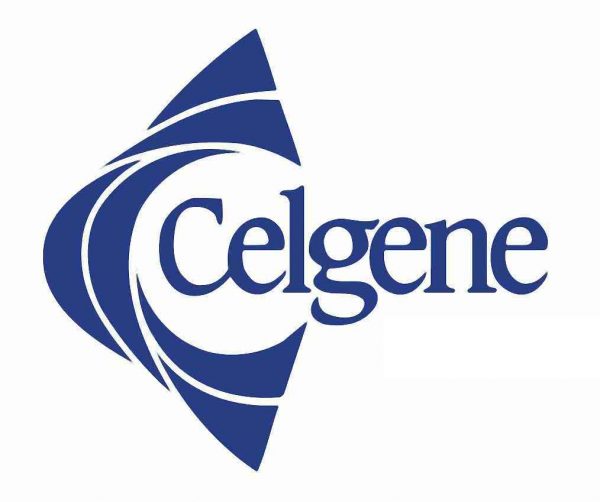
Shareholders of Bristol-Myers Squibb and Celgene have voted to approve BMS’ acquisition of the biotech company.
New York-based BMS said Friday that more than 75 percent of shares at a special shareholder meeting were voted in favor of the company’s plan, announced on Jan. 3, to buy the Summit, New Jersey-based Celgene for $74 billion. Meanwhile, Celgene said about 98 percent of votes cast by its shareholders were in favor of the acquisition.
Shares of both companies were mostly flat on the news.
The deal, which marked the first major acquisition of the year, nevertheless faced considerable opposition from investor groups, particularly Starboard Value and Wellington Management Co. Wellington – whose clients own 8 percent of BMS – said the deal would require the pharmaceutical company’s shareholders to take on too much risk while offering its shares to Celgene shareholders at a price below their value. Meanwhile, Starboard said BMS was deeply undervalued and that the proposed acquisition was “poorly conceived and ill-advised.”
On March 28, however, Starboard withdrew its proxy solicitation to vote against the deal, citing the difficulty of shareholders to prevail without a supportive recommendation from the two proxy voting advisory firms involved with the deal, Institutional Shareholder Services and Glass, Lewis & Co. However, the New York-based BMS shareholder reiterated its opposition to the acquisition.
Analysts have also pointed to potential risks on the horizon. While BMS CEO Giovanni Caforio told investors the day after the announcement that the drugmaker had done its due diligence on the situation, chief among those risks is the looming expiration of patents covering Celgene’s top-selling drug, Revlimid (lenalidomide). Court decisions on challenges to Revlimid’s patents filed by generic drug companies are expected as early as next year, and under an agreement, generic drugmaker Natco would begin selling a generic version of the drug limited by indication in 2022, with full generic entry in 2026. Revlimid has Food and Drug Administration approval for the blood cancer multiple myeloma, for which it is considered a “backbone” treatment in the disease, and also some patients with two other blood cancers, mantle cell lymphoma and myelodysplastic syndrome.
The latter half of the 2020s will also see expiration of patents for two of BMS’s star drugs, the immunotherapy cancer drug Opdivo (nivolumab) and the anticoagulant Eliquis (apixaban). Caforio pointed to the fact that the two companies have six products in Phase III development that could be launched through 2020, with the potential for up to $15 billion in revenue. One of these is luspatercept, for beta-thalassemia and myelodysplastic syndrome, for which Celgene and partner Acceleron Pharma filed for regulatory approval this week. Celgene is also invested heavily in immunotherapy of cancers, such as its partnership with bluebird bio to develop the CAR-T therapy bb2121 in multiple myeloma and its acquisition in 2018 of Juno Therapeutics.
Photo: Celgene Corp.













